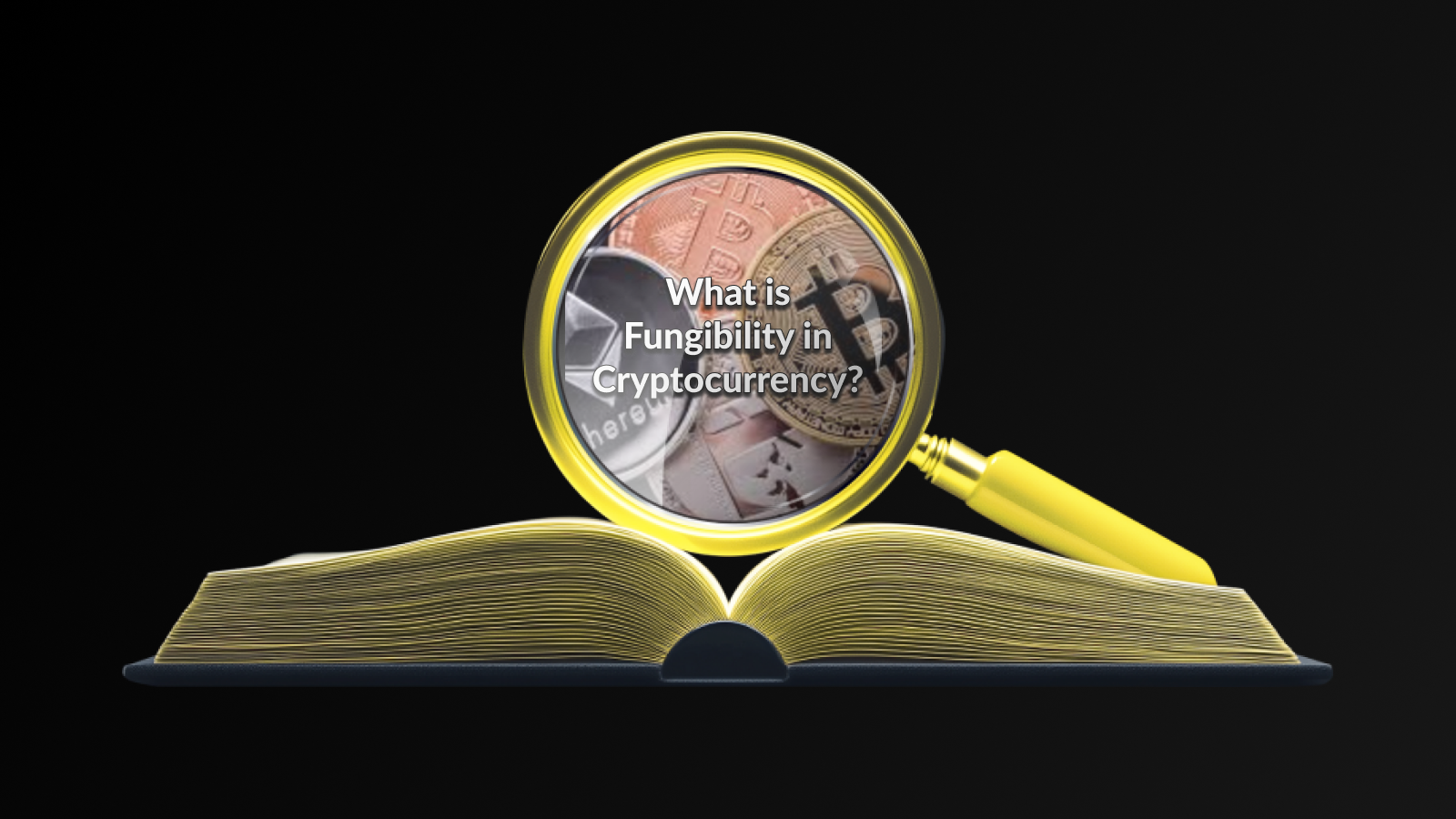Introduction
Fungibility in cryptocurrency refers to the property that allows assets to be easily exchanged for one another without any loss of value. In the realm of digital currencies, understanding this concept is crucial as it directly impacts how transactions are conducted and perceived. Cryptocurrencies like Bitcoin and Ethereum are considered fungible assets because each unit is identical and can be substituted for another without affecting its value. This is in stark contrast to non-fungible assets, such as NFTs (Non-Fungible Tokens), where each token possesses unique attributes and cannot be exchanged on a one-to-one basis. The distinction between fungible and non-fungible assets lays the foundation for a broader discussion about the roles these assets play in financial ecosystems.
Why is Fungibility Important for Cryptocurrency?
As we delve into the concept of fungibility, it becomes evident that its implications reach beyond mere definitions. The nature of fungible vs non-fungible assets is significant in understanding market behaviors, user preferences, and the potential for regulatory frameworks. Emphasizing fungibility helps to ensure a stable and straightforward transaction process, making it a vital characteristic in the success of any cryptocurrency.
Fungibility in cryptocurrency is critical to establishing trust and facilitating straightforward transactions. When a cryptocurrency is fungible, each unit is interchangeable with another, similar to how one dollar bill can easily be exchanged for another. This property is vital because it promotes a stable medium of exchange, allowing users to buy and sell goods and services seamlessly without the complications that can arise from the uniqueness or distinct qualities of specific tokens.
How Does Fungibility Affect Market Behavior and Liquidity?
Moreover, the ability to easily trade various units of a cryptocurrency enhances its liquidity. Higher liquidity means that there are more buyers and sellers in the market, which ultimately leads to more competitive pricing. This dynamic is essential for encouraging widespread adoption, as users feel more confident knowing they can readily exchange their assets for cash or other goods.
Fungibility ensures that cryptocurrencies can effectively compete with traditional currencies and maintain their value over time. In contrast, fungible vs non-fungible assets highlight the differences that can complicate value perception. For example, while fungible assets can be exchanged or replaced easily, non-fungible assets—like certain cryptocurrencies that are unique or scarce—pose a challenge when used as a standard medium of exchange.
In essence, without fungibility, cryptocurrencies may lose their essential functionality as a currency. They could end up functioning more like collectibles, which can limit their use in everyday transactions and deter users from integrating them into their financial activities. Thus, understanding the significance of fungibility in cryptocurrency is crucial in the ever-evolving landscape of digital assets.
Fungibility vs Non-Fungibility: Key Differences and Implications
In the realm of cryptocurrency, understanding the distinction between fungibility and non-fungibility is vital. Fungible assets, such as Bitcoin and Ethereum, are interchangeable with one another. Each unit holds the same value and is indistinguishable from another unit of the same cryptocurrency, demonstrating the principle of fungibility in cryptocurrency.
On the other hand, non-fungible tokens (NFTs) represent unique digital assets that cannot be exchanged on a one-to-one basis. These assets are often used to signify ownership of digital art, collectibles, or even real estate. The uniqueness of NFTs contrasts sharply with fungible assets; no two NFTs are identical, much like how a one-of-a-kind painting cannot be exchanged for a standard print.
The classification into fungible vs non-fungible assets highlights their different functionalities. While fungible tokens aim to provide a stable medium of exchange, NFTs focus on proving ownership and authenticity through unique identifiers that are tethered to specific digital or physical items.
This differentiation plays a crucial role in the broader discussion of cryptocurrency and blockchain technology, influencing market trends, investment strategies, and user behavior. As the cryptocurrency landscape continues to evolve, awareness of these concepts will be essential for both investors and enthusiasts alike.
Challenges to Fungibility and Possible Solutions
Despite its importance, fungibility in cryptocurrency faces several challenges that can hinder its effectiveness. One primary challenge is the inherent traceability of transactions on blockchain networks, which can lead to concerns about the history of specific coins. For instance, coins previously involved in illicit activities may be viewed as tainted, leading to a perception that they are less valuable or less desirable compared to others. This could ultimately undermine the overall fungibility of the cryptocurrency.
Moreover, different cryptocurrencies exhibit varying degrees of fungibility. Some blockchains implement features that can differentiate between tokens, making it challenging to treat them as interchangeable. For example, while Bitcoin is generally considered a fungible asset, certain altcoins might introduce mechanisms that complicate their exchangeability, creating a divide between fungible vs non-fungible assets within the broader market.
To address these issues, solutions are being developed. One approach includes the use of privacy-enhancing technologies, which aim to obscure transaction details, making it harder to identify coins based on their transaction history. Another strategy involves creating standards for fungibility that can guide the development and acceptance of more uniform assets across platforms.
Education and awareness within the cryptocurrency community also play a critical role. By understanding the implications of fungibility and the challenges it faces, users can advocate for practices and technologies that reinforce the principle of fungibility in cryptocurrency, ensuring a more viable digital economy moving forward.
Disclaimer
This article is for informational purposes only and does not constitute financial or investment advice. Cryptocurrency investments are inherently volatile, and readers should conduct their own research or consult a financial advisor before making any investment decisions.
Click for more Darkex education articles.





